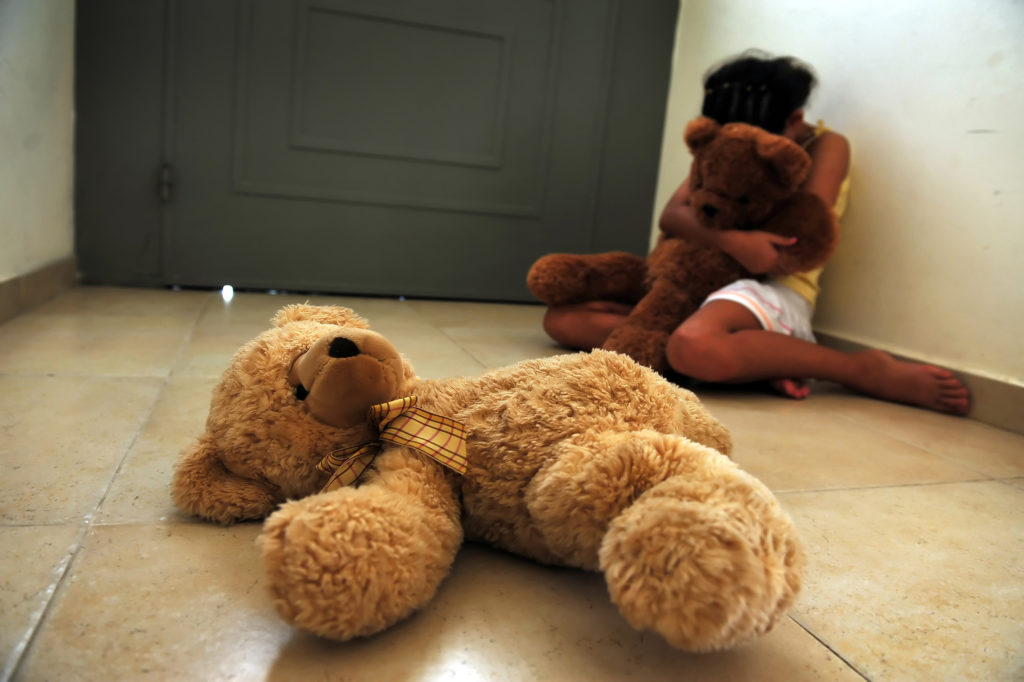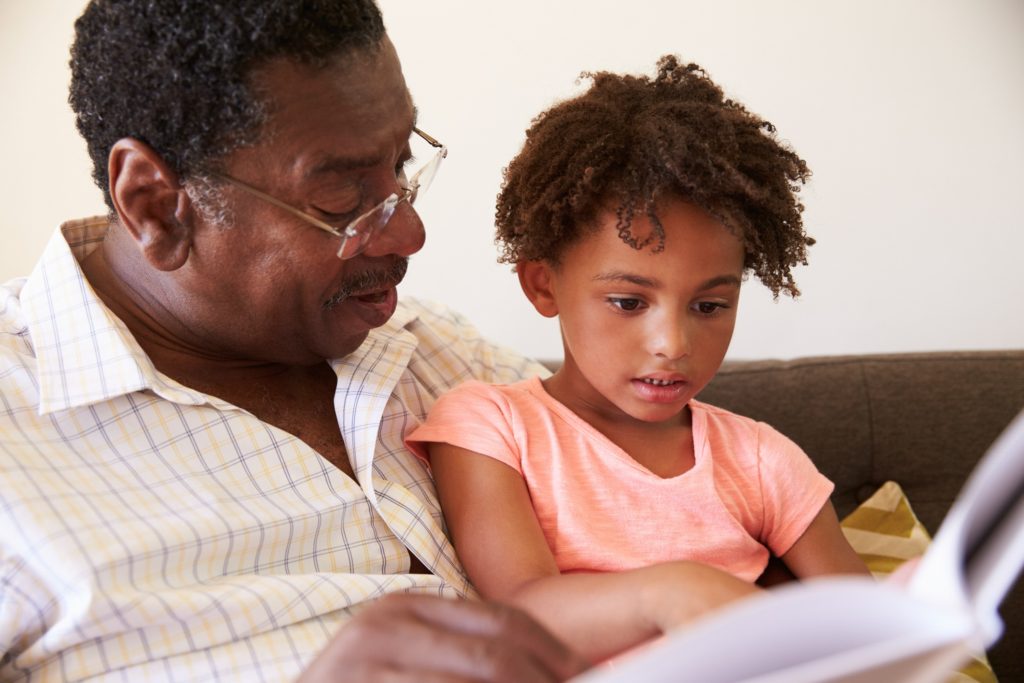Whether it’s something trivial like tying a shoe or something major like choosing a college, most children have their parents to turn to whenever they need help. However, for kids in foster care, that parental support is often not there. In the case of Sophia Orama, a New Jersey Foster Care (NJFC) Scholar, she had to be the one providing support.

With an alcoholic mother and an absentee father, Orama was forced to become the caretaker of the household. “I stayed with her [my mother] for many years because I was the one that was taking care of her,” Orama said. “It wasn’t until the time that I was 16 and I was a junior in high school and I was like, ‘I got to start thinking about myself,’ because college was coming up.”
Continue reading





